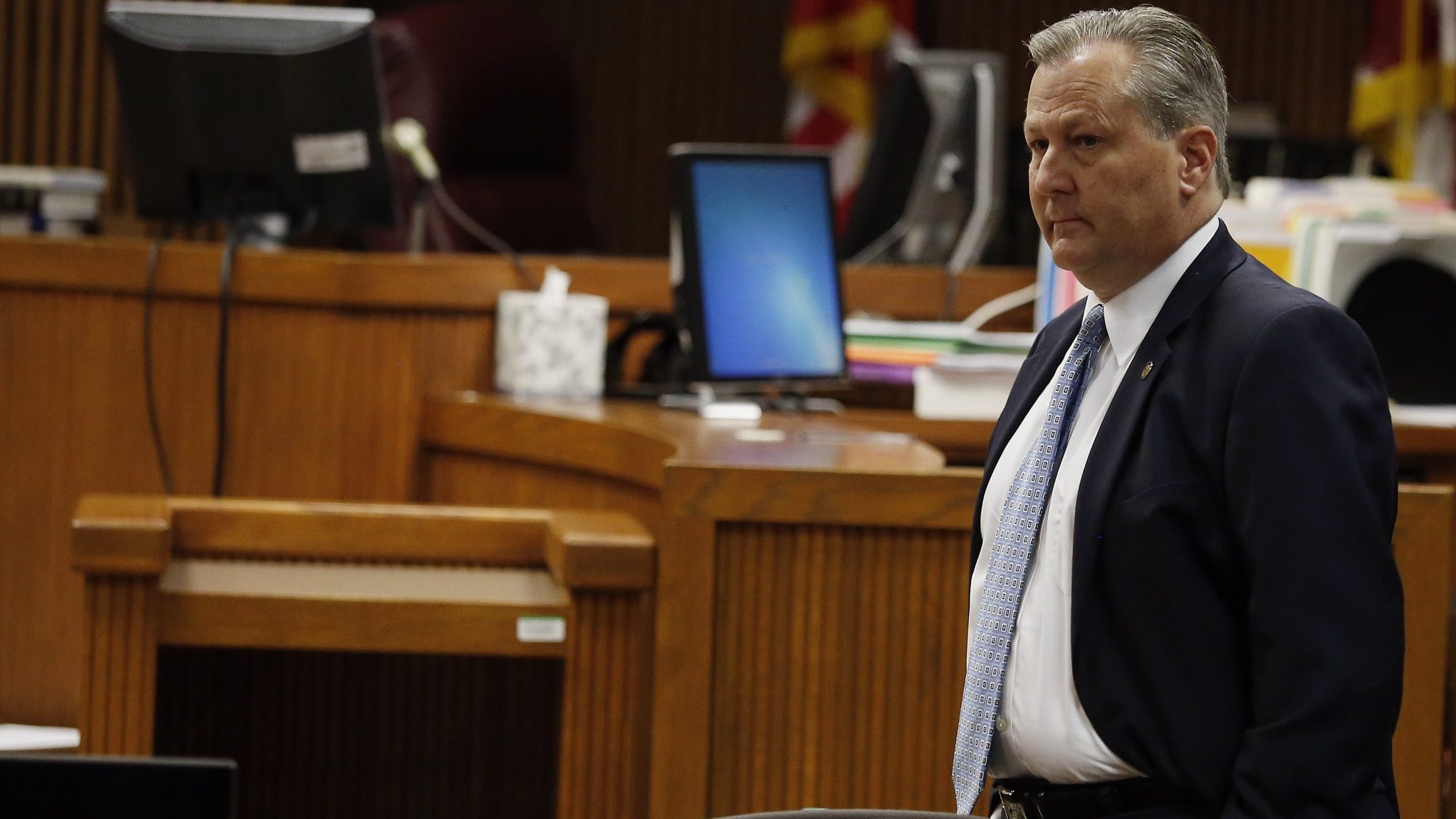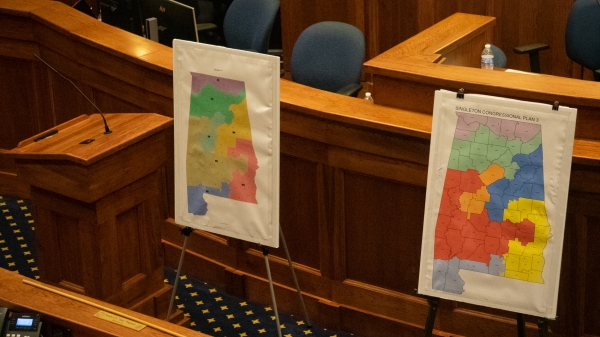Hold on to your hat.
I’m about to tell you a story that you won’t believe. It will be so farfetched, so incredible that you’ll be convinced that I’m making it up.
But I’m not. This is a true story, every word of it. And here it goes.
Every day in Alabama, elected politicians get in their cars and trucks and drive to their public offices. Some have to drive all the way to Montgomery when the Legislature in session.
When they get to those offices, or to the State House or capitol building, they go inside and do the work they were elected to do. They respond to constituents. They answer emails and phone messages. They work on complicated bills that don’t enrich them in any way. They debate their fellow lawmakers and work through hard-fought compromises.
They accept their paychecks, and maybe file a fair expense report or two.
At the end of the day, they turn off the lights and head home.
And … that’s it.
That’s the end of the unbelievable story.
IN-DEPTH | Court of Appeals affirms all but one of former speaker’s convictions
These men and women simply serve the public they represent for the pay that we all agreed on when they volunteered to take the job.
Unbelievable, right?
It must be because no one seems to be able to imagine such a public servant — not the current AG, not the ridiculous committee that’s set about rewriting the state’s ethics laws, not even the Alabama Court of Criminal Appeals.
Listening to these people talk, you would think that it’s just damn impossible for a lawmaker in Alabama to do what I described above. As though they’re tripping and falling into improper consulting contracts and conflicts of interest.
In its ruling in which it upheld 11 of the 12 convictions against former House Speaker Mike Hubbard, the Court of Criminal Appeals was critical of the state’s ethics laws, and Judge Samuel Welch encouraged the Legislature to clear up some of the confusion over definitions. Welch was particularly concerned over the definition of a “principal,” or the person or entity that hires a lobbyist.
Ever since Hubbard’s conviction, lawmakers who were used to getting free suits, swanky dinners and monthly stipends from big businesses around the state realized that they had — in a moment of overzealous morality — put a stop to it all. Even worse, they had created broad definitions that could be used to actually punish them for doing shady things.
And by shady, I mean this: Hubbard got a consulting contract with Alabama Pharmaceutical Cooperative Inc. (APCI) that paid him $5,000 per month, and then he went along with a plan to insert language into the state’s general fund budget that would have given APCI a monopoly.
Welch and his pals on the Appeals Court overturned Hubbard’s conviction on that count, because — you’ll love this — he wasn’t an employee of APCI.
Despite the fact Hubbard clearly had a contract and was clearly doing work at APCI’s request, the court elected to use the definition of an “employee” found elsewhere in the Alabama code. That definition required Hubbard to be a fulltime employee of APCI, with more than half of his income coming from that company.
It’s nonsense.
Actually, no. It’s worse. It’s a court creating a loophole where none existed.
Even in its ruling, the Appeals court wrote that the state likely intended for a broader definition of “employee.”
And that’s also wrong. The people who intended for a broader definition of that word were the jurors in Hubbard’s trial — the ones who meticulously broke down each and every charge against him, determining where he crossed the line and where he didn’t.
Those jurors knew that Hubbard was an “employee” under the ethics laws. And the Appeals court could have cemented that definition by leaving this alone.
But it didn’t, and the words from Welch will only add more fuel to the fire for the ongoing rewrite of the ethics laws.
That process is already under way. The Alabama Code of Ethics Clarification and Reform Commission is already meeting under the watchful eye of AG Steve Marshall, who is taking a break from skirting ethics laws to help rewrite them.
Among the topics discussed were allowing for lawmakers to get some dinners and small stuff from lobbyists and others, and also redefining that pesky “principal” term, because lawmakers simply cannot determine who can and can’t give them contracts that they’re totally unqualified to hold.
You know, like Mike Hubbard.
The broadcast journalism grad, who started a radio broadcast company and printing company, but somehow, after taking office, was worth $5,000 per month to a pharmaceutical co-op.
It’s nonsense.
People know what’s happening here. They know that it’s possible to be an honest politician. They know that dozens of elected officials do it every single day. And they see through this absurd hand-wringing over specific definitions and phony confusion over legal specifics.
To the Alabama political class, Mike Hubbard’s conviction was a sign of unintended consequences and bad laws.
To regular Alabamians, it was a good start.





















































